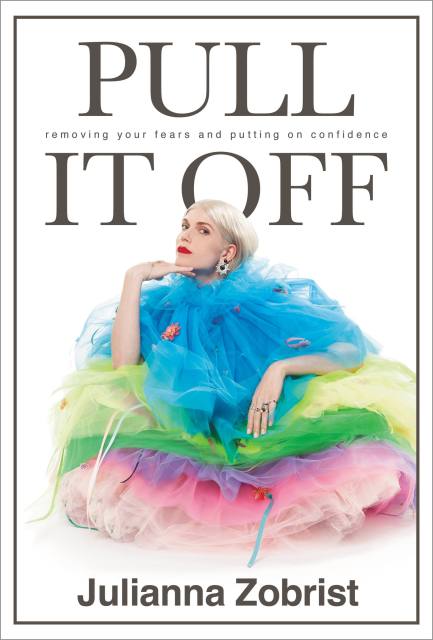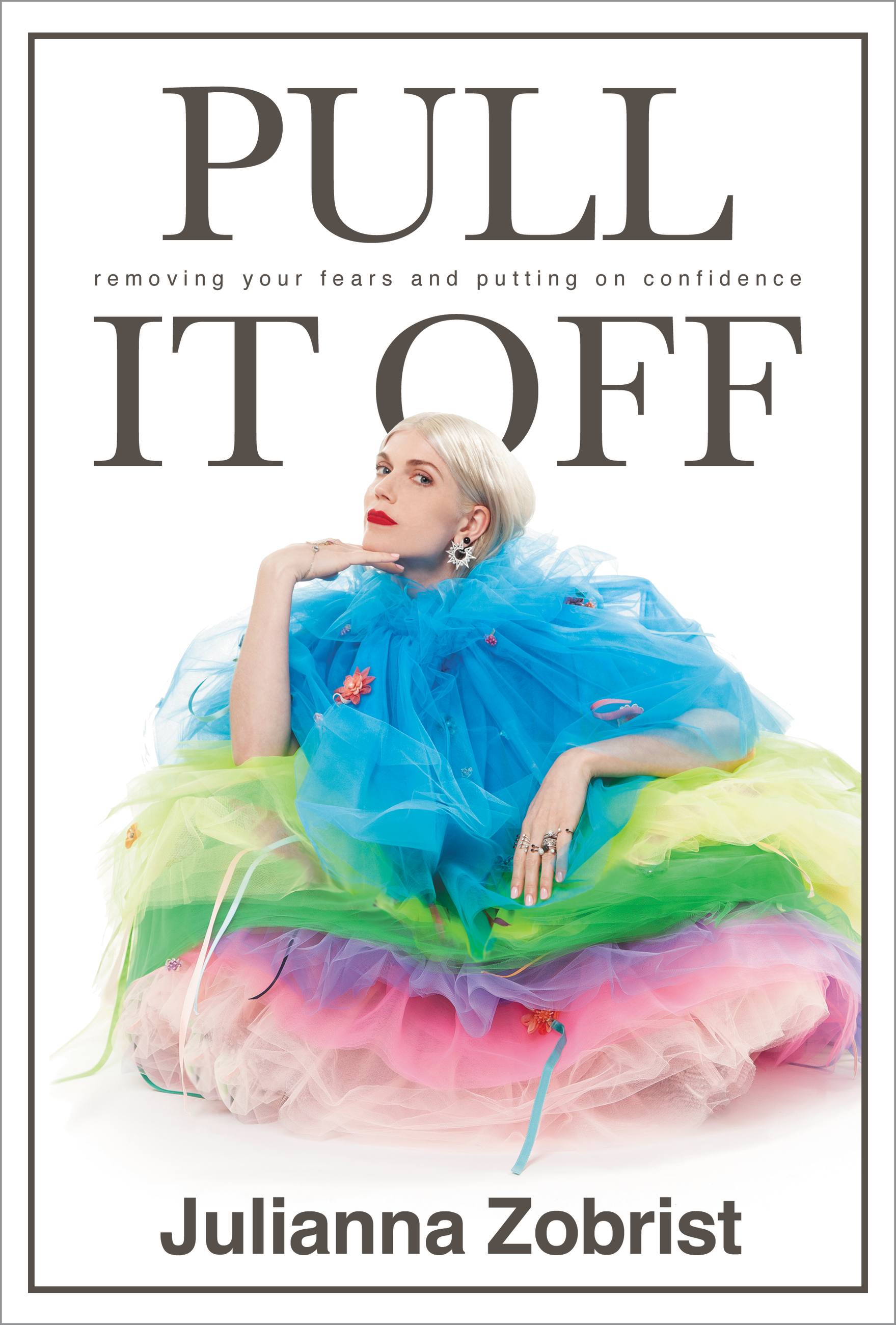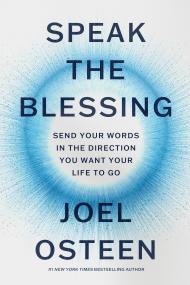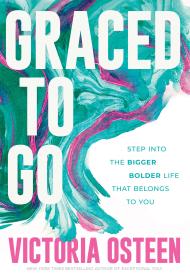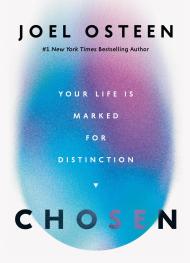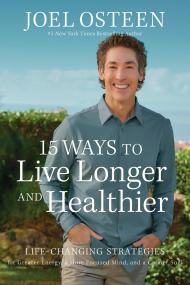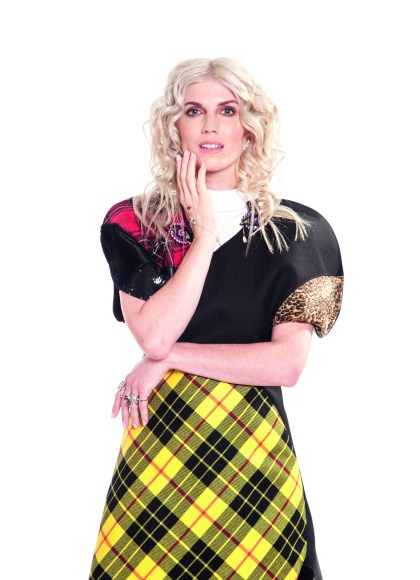By clicking “Accept,” you agree to the use of cookies and similar technologies on your device as set forth in our Cookie Policy and our Privacy Policy. Please note that certain cookies are essential for this website to function properly and do not require user consent to be deployed.
Pull It Off
Removing Your Fears and Putting On Confidence
Contributors
Formats and Prices
- On Sale
- Sep 18, 2018
- Page Count
- 240 pages
- Publisher
- FaithWords
- ISBN-13
- 9781546025948
Price
$12.99Price
$16.99 CADFormat
Format:
- ebook $12.99 $16.99 CAD
- Audiobook Download (Unabridged)
This item is a preorder. Your payment method will be charged immediately, and the product is expected to ship on or around September 18, 2018. This date is subject to change due to shipping delays beyond our control.
Buy from Other Retailers:
“I could never pull that off!”
How many times have we heard that? How many times have we felt that? Well, if artist and musician Julianna Zobrist had a dollar for every time she heard that, she’d be worth her weight in gold.
Notorious for her daring fashion and bold creative perspective, Julianna digs deep into her own life to expose why we feel we can’t “pull it off.” Whether it’s fashion, creative expression, parenting, marriage, or daring to go 100 percent at a career, the greatest negative force you will fight against is yourself.
In Pull it Off, Julianna reveals how we can be transparent and vulnerable and yet secure and confident enough to walk through life facing our fears.
Pull it Off is broken into three parts that address the issues of authority, identity, and security, to reveal the root issue of where our fears stem from. Julianna walks readers through how to maximize our true identities and lean into our unique gifts due to a grounded belief in our acceptance of others, our acceptance by God, and ultimately, the acceptance of ourselves.
When we are secure, we believe we are worthwhile and can, indeed, pull it off!
-
"Pull it Off is more than a book. It's a wake-up call. With wit, humor, and vulnerability, Julianna reminds us of who we were created to be. Quit trying to meet other people's expectations and start living the authentic life God has called you to!"Mark Batterson, New York Times best-selling author of The Circle Maker, Lead Pastor of National Community Church
-
"Pull It Off spoke to me in every possible way. There are so many societal pressures to do what is accepted or 'normal,' but Julianna reaches readers in a unique way and helps them to embrace their differences and not be afraid to shout it from the rooftops - to truly own the person you are. Julianna nailed it."Jessica Mendoza, Olympic softball gold and silver medalist, first female MLB analyst for ESPN
Newsletter Signup
By clicking ‘Sign Up,’ I acknowledge that I have read and agree to Hachette Book Group’s Privacy Policy and Terms of Use
